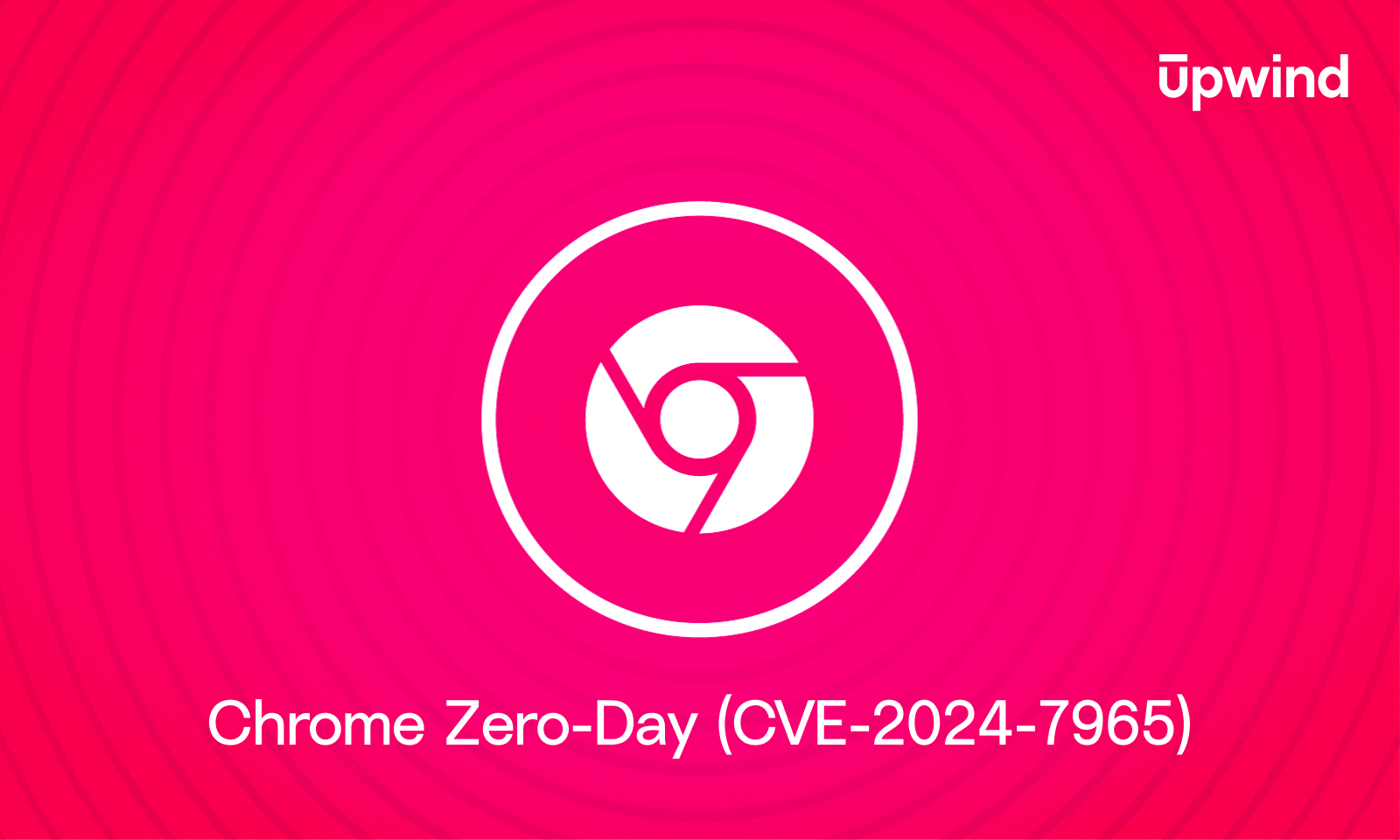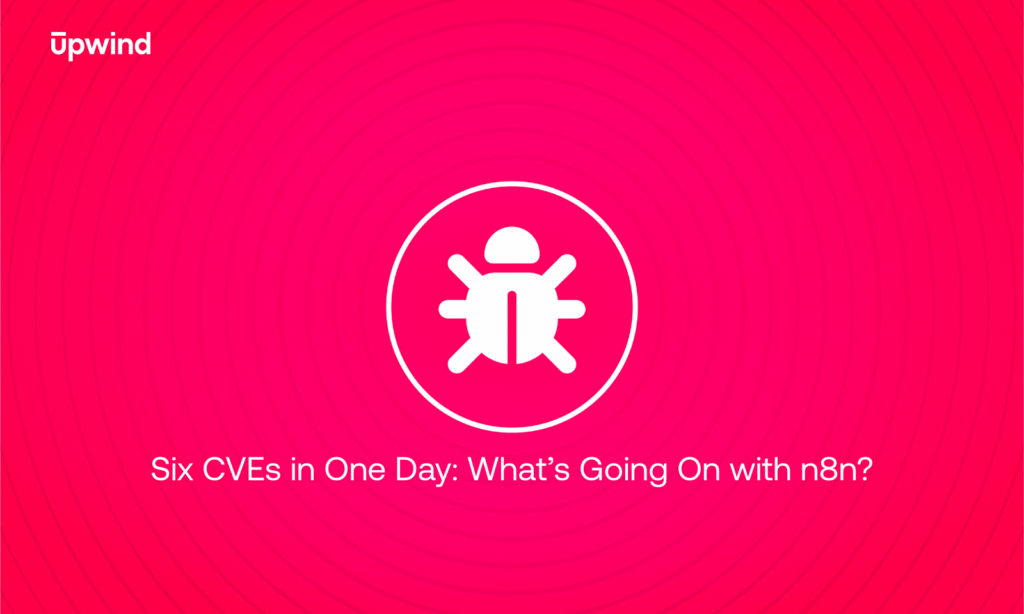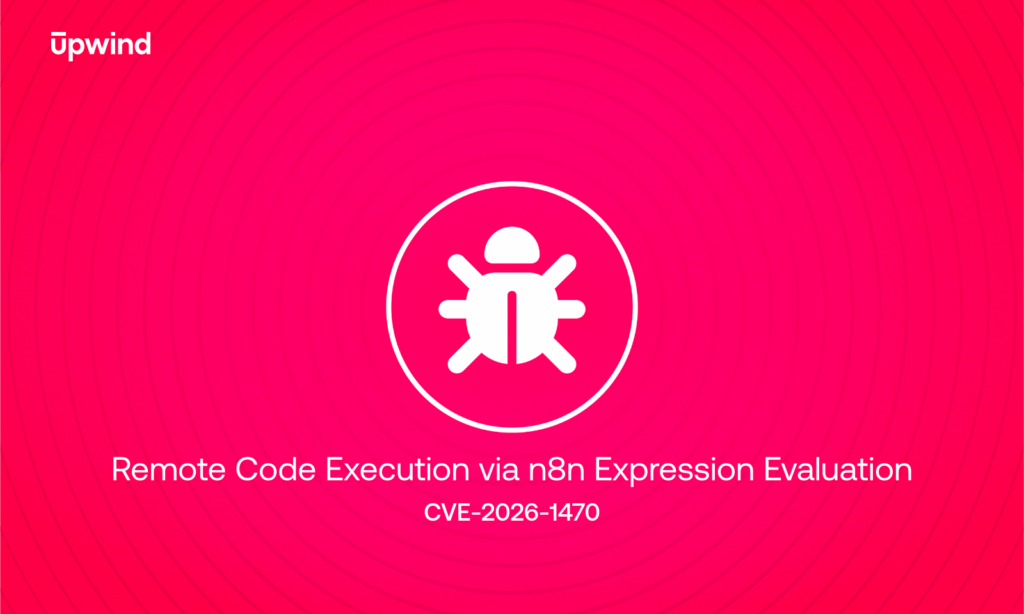
Google Issues Emergency Patch for Chrome Zero-Day (CVE-2024-7965)
Overview
On July 30, 2024, a critical zero-day vulnerability (CVE-2024-7965) was discovered in Google Chrome’s V8 JavaScript engine. Google swiftly responded with an emergency patch after confirming that this flaw was being actively exploited in the wild. On August 26, 2024, Google released a new Chrome version addressing this issue that all Chrome users should update to.
Understanding CVE-2024-7965
This vulnerability allows attackers to gain control over users’ systems by exploiting memory corruption in the browser. Simply visiting a malicious website can trigger this flaw, leading to remote code execution and potential full system compromise.
Why This Matters
The vulnerability is especially dangerous because attackers were exploiting it before the patch was available. This type of zero-day flaw represents a significant risk to users who do not promptly update their browsers.
How Google Responded
Following the vulnerability’s discovery, Google released Chrome version 128.0.6613.84 on August 26, 2024, addressing the issue. Users are strongly urged to update immediately to avoid potential security breaches.
Impact and Exploitation
Attackers can leverage this vulnerability to compromise sensitive information or take complete control over targeted systems. The risk is severe, particularly for those delaying updates.
What Users Should Do:
- Ensure that Chrome is updated to version
128.0.6613.84or higher. - Enable automatic updates to reduce exposure to future vulnerabilities.
- Regularly check for and apply any available security patches.
Technical Details
CVE-2024-7965 involves a bug in Chrome’s V8 engine, where improper memory handling opens a door for remote code execution. Attackers could craft malicious websites that automatically trigger this flaw, making it easy to deliver malware or take over user devices.




